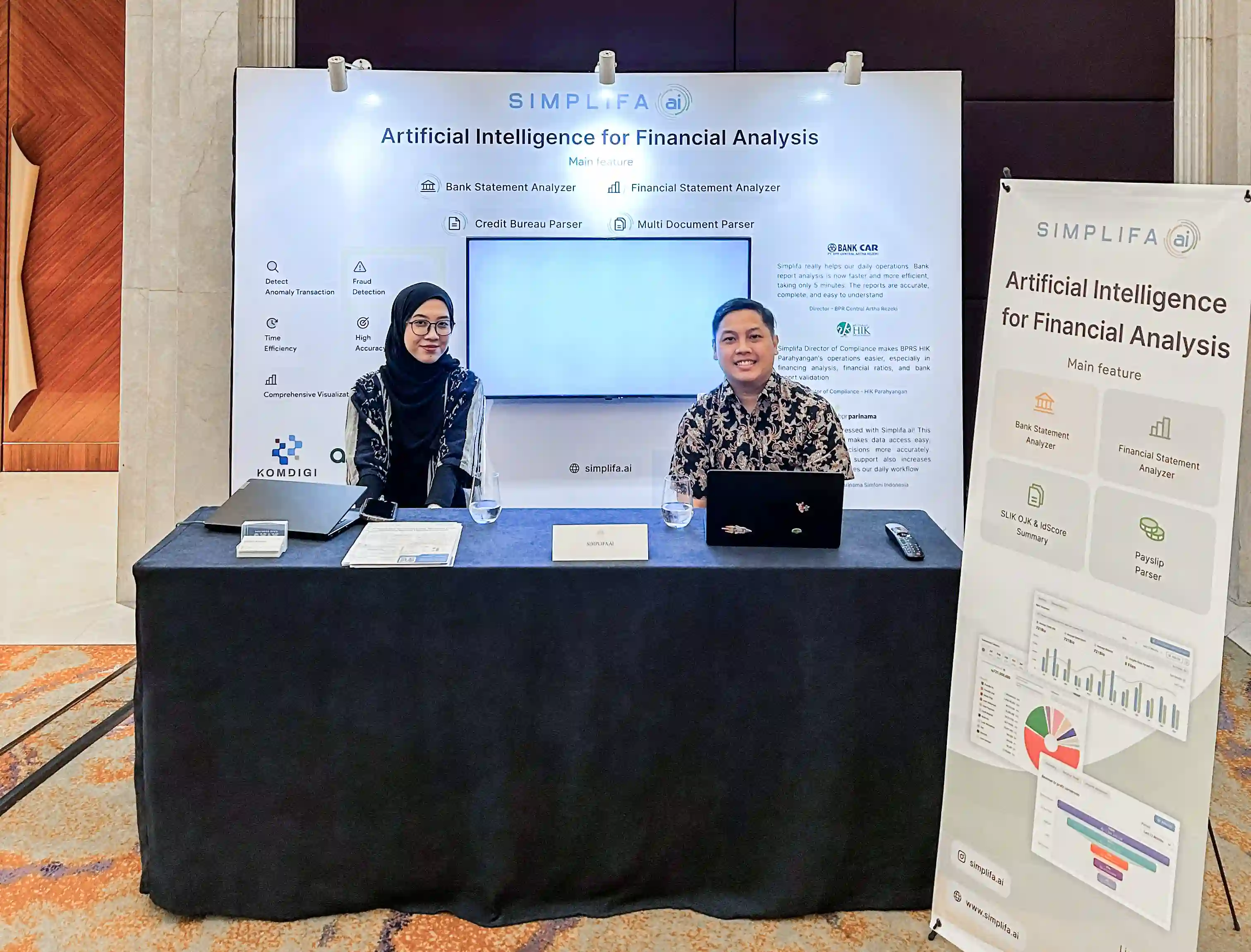How Do AI and Machine Learning Play a Role in Fraud Detection?


The digital financial ecosystem is growing increasingly complex, and the threat of financial fraud is evolving with patterns that are ever more difficult to predict. The high volume of transactions and the speed of digital processes make manual inspection no longer adequate.
In such times, efficiency and accuracy can be enhanced with the help of technology. Artificial Intelligence (AI) and Machine Learning (ML) play a crucial role as the front line in detecting and preventing fraud.
In such times, efficiency and accuracy can be enhanced with the help of technology. Artificial Intelligence (AI) and Machine Learning (ML) play a crucial role as the front line in detecting and preventing fraud.
The Effectiveness of AI and Machine Learning in Fraud Detection

AI and ML work by analyzing transaction data in real-time to identify unusual behavioral patterns. Each transaction is compared against historical data to determine if the activity is normal or high-risk. This approach enables the system to provide early warnings before losses occur.
According to several fintech publications, an AI-based approach can improve the accuracy of fraud detection by several times compared to traditional methods. One such source is a research publication released by GSC Advanced Research and published via ResearchGate.
Beyond efficiency, AI also reduces reliance on manual processes, which are prone to bias and delays.
The Application of Machine Learning in Fraud Detection Systems

1. Transaction Pattern Analysis
Machine learning models study thousands of transaction patterns to distinguish between normal behavior and suspicious activity. For example, if a large transaction occurs from an unusual location or device, the system can immediately flag it for verification.
2. Anomaly Detection
Algorithms such as Isolation Forest, Autoencoder, or Clustering are used to identify deviations from common patterns. This technology enables the automatic detection of transactions that appear legitimate but have anomalous characteristics—for instance, a high frequency of transfers to new accounts.
3. Risk Scoring and Prediction
AI assigns a risk score to every transaction based on specific parameters such as time, location, and amount. This score helps finance teams prioritize the investigation of high-risk transactions without hindering the flow of normal transactions.
This is also a point frequently emphasized by AI-based financial support platforms. For example, Simplifa.ai, which once supported a seminar on financial risk mitigation.
4. Automated Investigation and Reporting
Beyond detection, AI-based systems can automate the initial investigation process, such as gathering supporting data, recording a timeline, and generating preliminary reports for auditors. This accelerates the decision-making process and strengthens governance.
Often without us realizing it, technological advancements are driving an evolution in fraud detection from manual systems to digital automation.
Strategic Benefits for Companies
The integration of AI and ML into audit and financial systems provides long-term benefits:
- Time and cost efficiency, as thousands of transactions can be analyzed in a matter of seconds.
- Higher accuracy, thanks to algorithms capable of recognizing complex patterns that are difficult to detect manually.
- Transparency and accountability, through automatically recorded digital logs for every system action.
Platforms like Simplifa.ai combine these technologies to help companies identify financial anomalies, strengthen their digital audit systems, and maintain public trust in their financial data.
In the modern financial landscape, fraud is no longer just an operational risk, but also a strategic threat to a business's reputation and stability. Artificial Intelligence and Machine Learning offer a new approach that is adaptive, efficient, and data-driven for detecting suspicious activity.
By leveraging this technology, companies not only protect their financial assets but also build a foundation of trust and integrity, which is increasingly crucial in the digital era.
Related Articles

Simplifa.AI has signed on as an official sponsor of the “Seminar Nasional: Arah Kebijakan OJK Tahun 2025 dan Strategi Pertumbuhan Ekonomi Pemerintah Baru”

Thoroughness in preparing financial reports is a fundamental foundation for business sustainability. These documents do not only function as reporting tools, but also as a means to assess performance and determine the direction of strategic decision-making.

Simplifa.AI proudly sponsored the National Seminar on Trade Wars and Financial Risk, held at the University of Indonesia on June 20, 2025. This event brought together experts to discuss the impact of trade wars on financial stability and risk management strategies.
